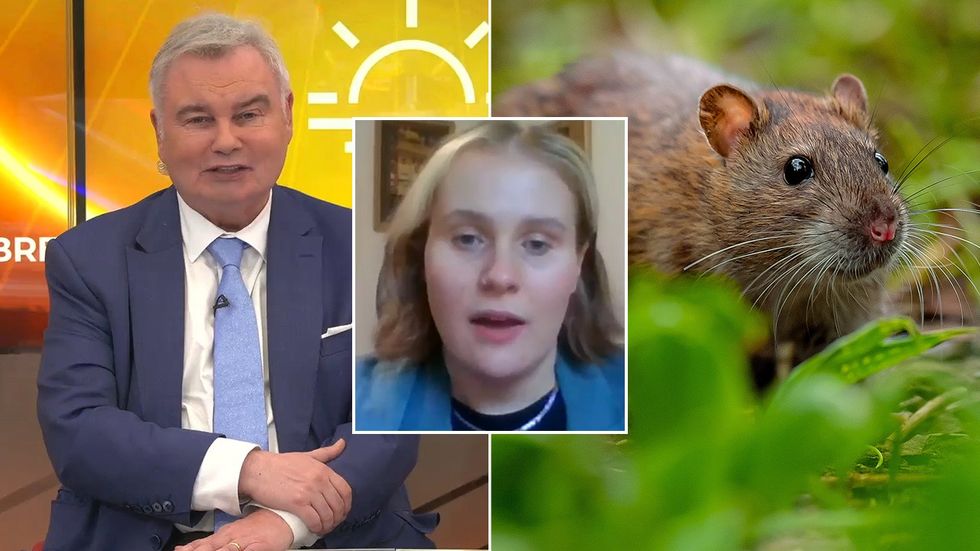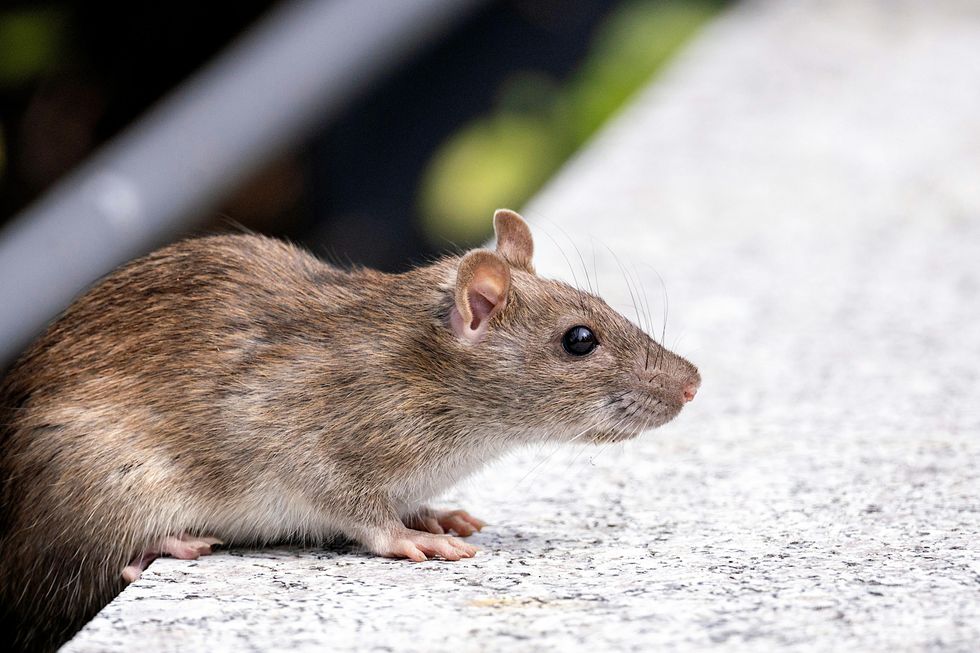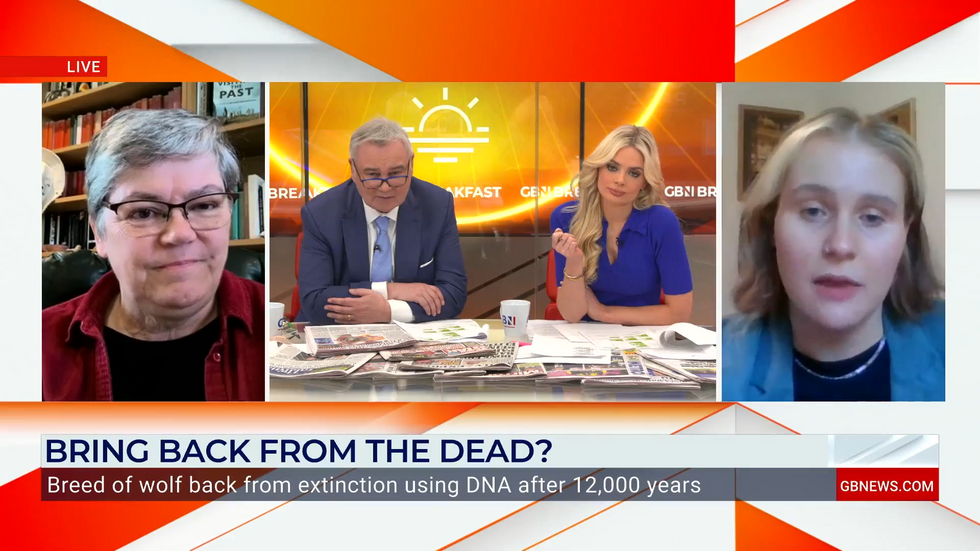Peta's Vice President of Programmes Elisa Allen argued that the current informal definition is 'unfair' to the rodents
Don't Miss
Most Read
Trending on GB News
GB News host Eamonn Holmes was left struggling to contain his bemusement as a Peta officer argued that the current definition of a rat, in reference to a human, is "unfair" to the rodent species.
The animal rights group has launched a new campaign targeting the Cambridge Dictionary, urging it to change its definition of the word "rat".
In a letter sent yesterday to the dictionary's editor Rachel Fletcher, Peta's Vice President of Programmes Elisa Allen argued that the current informal definition is "unfair" to the rodents.
The Cambridge Dictionary currently defines "rat" in two ways depending on context - when referring to the animal, it's described as "a small rodent, larger than a mouse, that has a long tail and is considered to be harmful".
The informal definition, which Peta objects to, describes a rat as "an unpleasant person who deceives others or is not loyal".

Eamonn Holmes quizzed PETA's Lucy Watson on their decision to challenge the definition of a rat
GB News / PA
Quizzing Peta Media Officer Lucy Watson on the request, Eamonn Holmes questioned why she believes it is "unfair" to the rats, Watson assured that it is a "friendly request", and that rats are "lovely creatures".
Watson explained: "This is a completely friendly request, and we want to encourage everyone to respect all animals.
"Rats are lovely creatures - they're intelligent and they're actually very clean. So this was a friendly request to the Cambridge Dictionary, just to write a simple wrong."
As Watson admitted that rats as a species are "individual", she highlighted that there are "thousands of others" on the list that are at risk of becoming extinct.
LATEST DEVELOPMENTS:

The Cambridge dictionary definition in reference to a human is 'an unpleasant person who deceives others or is not loyal'
PAWatson told GB News: "Rats are individuals, and of course we want everyone to respect all animals.
"But one point I would like to raise is that we mention animals who are going extinct - there are over 2000 species right now that are on the endangered list, and there are thousands more."
Eamonn then interjected, claiming: "The rats certainly won't be one of them."
Referencing the 1932 film 'Taxi!', Eamonn then joked that actor James Cagney "would not appreciate" Peta's request to change the definition of a rat, when referencing a person.

Eamonn was amused by Peta's request to change the definition, asking 'you think this is unfair?'
GB News
Eamonn told Watson: "I don't know if James Cagney would would appreciate with it, because I think when he was going 'you dirty rat, you dirty rat', I don't think that he was really wanting anybody kind or nice coming to him. But that's a historic film."
In Peta's letter, Allen asked the dictionary to update this informal entry, writing: "This is not only inaccurate but unfair to rats, who are pleasant, loyal individuals who form strong attachments and loving family bonds".
Peta argues that rats are far more complex than their negative stereotype suggests.
"As altruistic as they are clever, rats also show empathy and a willingness to help other rats - even when they don't know the individual in peril," Allen stated.
The animal rights group highlighted that rats make "chirping sounds strikingly similar to a child's laughter when tickled".









